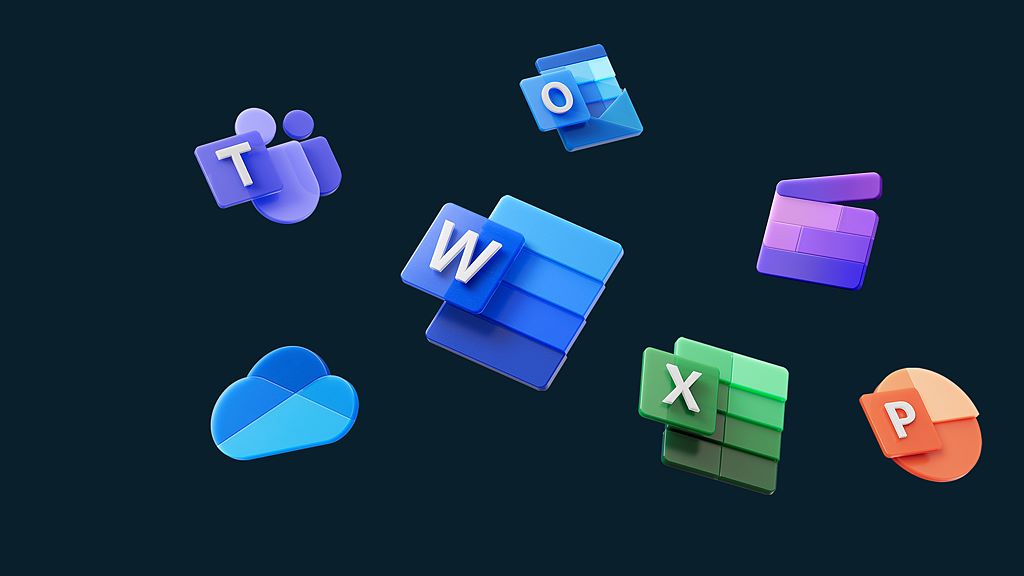The Key to Efficiency: Simple Strategies for Maximizing Productivity In today’s fast-paced world, time is one of the most valuable assets.

In today’s fast-paced world, time is one of the most valuable assets. Whether you're an entrepreneur, a student, or a professional, managing time efficiently can be the difference between success and constant frustration. Many productivity strategies focus on working harder or longer, but real efficiency comes from working smarter.
One of the first steps to improving productivity is setting clear goals. Tasks often feel overwhelming when they lack a clear purpose. Defining specific objectives and attaching them to meaningful outcomes can make them more manageable. For example, instead of simply deciding to "work more," a more effective goal would be to "complete three important client reports by the end of the week to improve service efficiency." This approach gives clarity, motivation, and a sense of accomplishment when goals are met.
Another essential aspect of productivity is creating an environment that fosters focus. Distractions can be the biggest hurdle to getting things done, whether they come from social media, noise, or clutter. Studies have shown that small changes in the work environment, such as reducing noise, improving lighting, or designating a dedicated workspace, can significantly boost concentration. For those working remotely, setting clear boundaries with family or housemates can prevent unnecessary interruptions.
Time management also involves identifying and eliminating repetitive tasks that consume time without adding much value. Many professionals find themselves trapped in a cycle of responding to emails, attending unproductive meetings, or handling administrative work that could be automated. Conducting a simple time audit—tracking how time is spent throughout the day—can reveal patterns of inefficiency. Once identified, unnecessary tasks can either be eliminated, delegated, or automated using modern tools.
Automation plays a crucial role in maximizing efficiency. Many daily tasks, such as scheduling meetings, responding to inquiries, or managing workflows, can be streamlined with the right software. Businesses, for instance, can use customer relationship management (CRM) tools to automatically handle customer inquiries, freeing up time for more critical tasks. Investing time in setting up automated systems might require some effort upfront but leads to significant time savings in the long run.
An often-overlooked factor in productivity is the power of deep, uninterrupted work. Constant multitasking or switching between tasks can reduce efficiency and increase mental fatigue. Instead, using techniques like time blocking—allocating specific periods for focused work—can significantly enhance productivity. For instance, dedicating the first two hours of the day to high-priority work without checking emails or notifications can help accomplish key tasks before distractions set in.
Another powerful technique for improving productivity is prioritization. The Pareto Principle, also known as the 80/20 rule, suggests that 80% of results come from 20% of efforts. Identifying the most impactful tasks and focusing energy on them can yield better outcomes than trying to tackle everything at once. A simple way to apply this is by categorizing tasks into urgent and important ones, ensuring that crucial responsibilities take precedence over minor ones.
Efficiency also requires taking breaks. While working continuously might seem productive, it often leads to burnout and diminishing returns. Short breaks between work sessions, such as using the Pomodoro technique—where 25 minutes of focused work is followed by a 5-minute break—can help maintain energy and concentration throughout the day.
Ultimately, improving productivity is not about squeezing more tasks into each day but about optimizing time and energy for the things that truly matter. By setting clear goals, creating a distraction-free environment, eliminating inefficiencies, leveraging automation, focusing on deep work, and prioritizing tasks effectively, anyone can achieve more with less stress.
Supreme Court to Decide on Corporate Transparency Act Injunction
For the first time, the U.S. Supreme Court has been asked to rule on the Corporate Transparency Act (CTA) and the legitimacy of a nationwide injunction blocking its enforcement.
Warren Buffett’s Market Moves Reinforce His ‘Oracle of Omaha’ Status
Warren Buffett’s reputation as one of the greatest investors of all time continues to be reinforced as his past words and actions gain new relevance in today's financial landscape.
Private Equity Firms Must Embrace Cutting-Edge Innovations to Stay Competitive
Private equity is undergoing a digital transformation. No longer just a financial game, the industry is now driven by technology, where firms that leverage cutting-edge innovations gain a significant competitive edge.
You've Probably Seen Her Name at Nordstrom or Sephora.
Jo Malone is a name synonymous with luxury fragrance, but her journey as an entrepreneur extends far beyond the world of scents.
The $28 Microsoft Tool That Can Save You Thousands on Coding Costs
For businesses and entrepreneurs looking to develop software, outsourcing can quickly become an expensive necessity.
Anthony Michael Hall on Longevity in Hollywood, Adapting to Change, and His Role in 'Reacher'
Anthony Michael Hall has spent nearly five decades in Hollywood, navigating the highs and lows of an industry that is both unpredictable and demanding.





